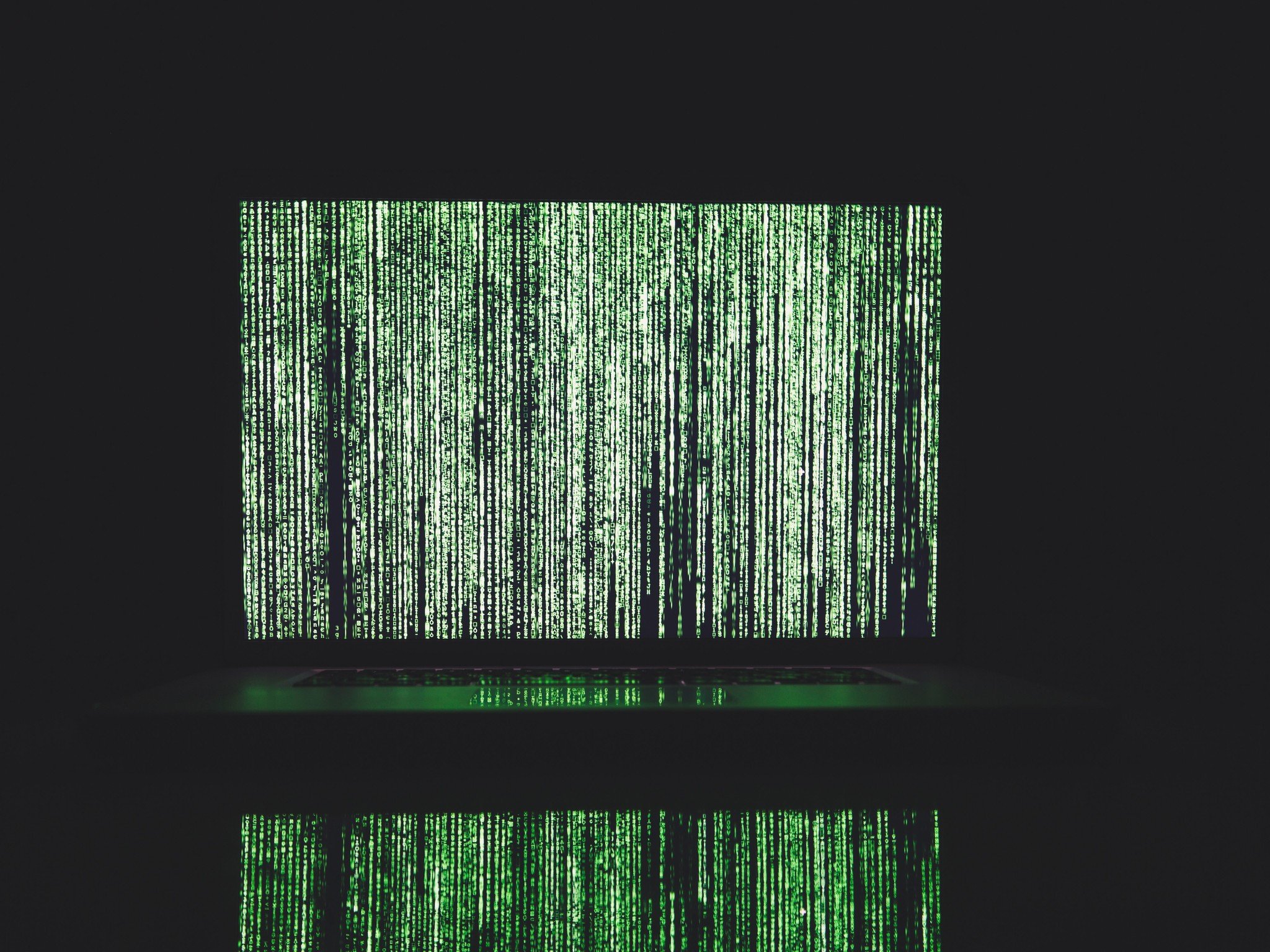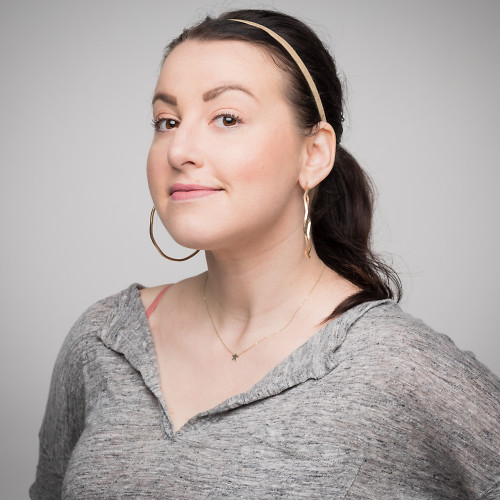There's an AI storm brewing between Google and Microsoft

Ever wonder whether artificial intelligence is a one-trick pony? Are there other practical applications for AI, besides giving a marketing edge to the latest smartphone releases? That's what Google, and a whole host of other technology companies, are aiming to figure out.
This week, Google announced the People + AI Research Initiative (or PAIR), a new program devoted to advancing the use of artificial intelligence. According to the official blog, the program plans to bring together numerous researchers from Google and several outside research facilities to effectively "redesign the ways people interact with AI systems." The underlying goal is to figure out the "human side" of it all, including its application in various trades and industries. Google is even opening up its Facets Overview and Facets Drive visualization tools so that AI engineers can unpack it and study the machine learning process:
We think this is important because training data is a key ingredient in modern AI systems, but it can often be a source of opacity and confusion. Indeed, one of the ways that ML engineering seems different than traditional software engineering is a stronger need to debug not just code, but data too. With Facets, engineers can more easily debug and understand what they're building. You can read full details at our open source repository.
For its part, Google seems primarily focused on building out its human-centered machine learning (HCML) engine, which exists to help address where AI can assist with actual human needs. That might include research related to climate change, medical advancement, or just ensuring your virtual keyboard knows you're about to switch into typing in another language.
Microsoft took this week to also announce its AI-focused research lab, aptly titled Microsoft Research AI. The program focuses on developing "general-purpose artificial intelligence technology" — just like Google. Microsoft has hired a team of scientists to work in its Redmond facility, and it's even bringing cognitive psychologists on board.
Apple and Facebook have their own ambitions related to the AI space, as well, though the social network is a bit farther along than Cupertino at present. There's also a hefty number of start-ups and smaller companies attempting to develop their own very specific use cases for AI, likely in a bid to get scooped up by one of the Big Four.
Automation is a majorly hot topic in the tech world right now, but you don't have to study Silicon Valley to feel the effects of that.
Automation is a majorly hot topic in the tech world right now, but you don't have to study the Silicon Valley to feel the effects of that. Instead, swipe over to the left on your Google Pixel's Home screen, or yell out to the Google Home unit sitting in your kitchen. Those are all examples of how automation and artificial intelligence have come into play in our daily lives. Those of us who can afford it are also experiencing it behind the wheel of a Tesla Model X — I didn't realize the depth of what AI can do until I was autonomously chauffeured down a windy Sonoma County road at 40 miles-per-hour.
For companies like Google and Microsoft, jumping on the AI train also means being able to maintain relevance. Google began as a search company, but as the Internet extends its reach past computer browsers and mobile devices, Google will have to find its way into other future-facing spaces, whether it's in the home or at the university research lab. Microsoft, too, started with personal computers and a desktop operating system, but as we become less reliant on those particular machines, the company has to find other means of applications for its products. The company's AI for Earth is an excellent example of this, as it offers its artificial intelligence tools to researchers and organizations to help solve climate issues.
Be an expert in 5 minutes
Get the latest news from Android Central, your trusted companion in the world of Android
Make no mistake: these initiatives aren't merely for advancing artificial intelligence. It's to sell us, the homosapiens, on the idea that there's a practical element to it — a viable choice for a time when more technology and machinery is becoming autonomous. In this race, however, the prize isn't reserved for the company with the most robust AI engine, but for the one that can do the best job of convincing humanity that this is all required to help move us forward as a species.
Florence Ion was formerly an editor and columnist at Android Central. She writes about Android-powered devices of all types and explores their usefulness in her everyday life. You can follow her on Twitter or watch her Tuesday nights on All About Android.

